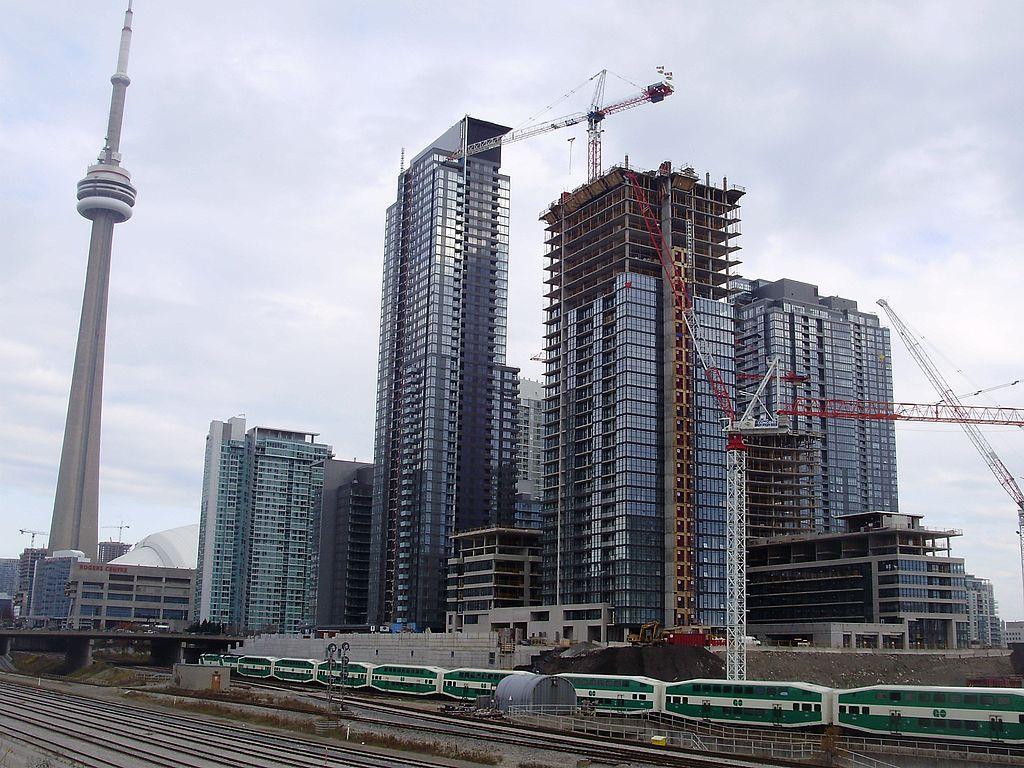
Buying a pre-construction home or condo in Ontario can be an exciting and rewarding investment. Not only are you purchasing a brand-new property with modern finishes, but you also have the opportunity to customize certain features and potentially benefit from rising property values during the construction phase. However, the process of buying pre-construction is unique and comes with its own set of steps and considerations. To help you navigate the journey, we’ve put together a comprehensive guide to purchasing pre-construction properties in Ontario.
The process of buying a pre-construction home or condo is different from purchasing a resale property. When buying pre-construction, you’re buying a property based on plans and specifications that haven’t been built yet. This means you’ll need to rely on floor plans, renderings, and the developer’s reputation to make your decision.
Key advantages of buying pre-construction:
Before making a decision, thoroughly research the developer or builder behind the project. The quality of the finished product and your overall experience can greatly depend on the builder’s track record. Look into:
Location is one of the most important factors when buying any type of real estate. For pre-construction properties, this is even more critical since you’re buying before the area might be fully developed. Consider:
Pre-construction properties typically require a series of deposits, which can be spread out over a longer period compared to a resale home. In Ontario, the deposit structure might look something like this:
The total deposit may vary by developer, but it’s generally 15-20% of the purchase price, paid in installments over 12-18 months. This can offer more flexibility compared to resale properties, where the full down payment is typically due upon closing.
Though the property won’t be completed for some time, it’s important to get mortgage pre-approval early in the process. Some lenders offer extended mortgage pre-approvals for up to three years, which can help lock in an interest rate.
While you won’t need a formal mortgage until the building is closer to completion, having a pre-approval shows the developer that you’re a qualified buyer and ensures you’re financially prepared for the purchase.
The Agreement of Purchase and Sale (APS) is the legal contract between you and the developer. It’s important to have a real estate lawyer review this document to ensure you understand:
In Ontario, buyers of pre-construction condos have a 10-day cooling-off period after signing the APS. During this time, you can change your mind and back out of the purchase without penalty, and your deposit will be refunded in full.
Use this time to:
One of the benefits of buying pre-construction is the ability to choose certain finishes and upgrades for your home or condo. Depending on the developer, you may be able to:
Keep in mind that upgrades can add to the overall purchase price, so it’s important to budget for any additional costs.
For pre-construction condos, once the unit is ready for occupancy but before the building is officially registered, you’ll enter a period known as interim occupancy. During this time, you can move into your unit, but you won’t yet own it. Instead, you’ll pay an interim occupancy fee, which is similar to rent, covering the estimated mortgage interest, property taxes, and condo fees.
Final closing, where you officially take ownership of the condo, occurs once the building is registered, which could be months after interim occupancy begins.
Once construction is complete and the building (or home) is registered, it’s time for the final closing. This is when you take legal possession of the property. Your lawyer will handle the paperwork, including title transfer and ensuring all closing costs are settled.
At this stage, be prepared for the following closing costs:
If you’re purchasing the property as an investment, renting out the unit is a great way to generate income. Be sure to review any condo or neighborhood restrictions on rentals.
If you’re moving in, enjoy your brand-new space! Pre-construction homes and condos often come with modern designs, new appliances, and the benefit of low maintenance for years to come.
Final Thoughts: Is Pre-Construction Right for You?
Purchasing a pre-construction property can be an excellent investment opportunity, offering flexibility in payment structure and the chance to customize your home. However, it also requires careful planning, understanding of the process, and patience during the construction period. By following the steps above and working with professionals such as real estate agents, lawyers, and financial advisors, you can navigate the process confidently and secure the home of your dreams in Ontario.